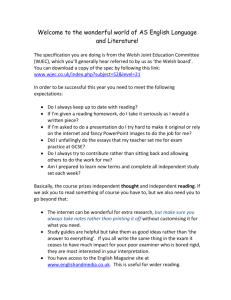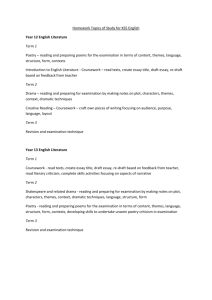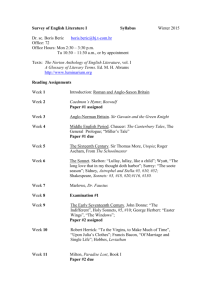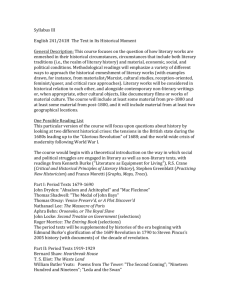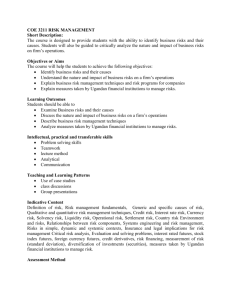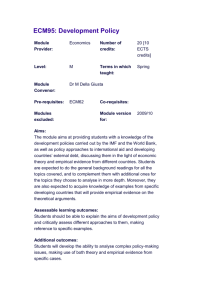bay house sixth form
advertisement
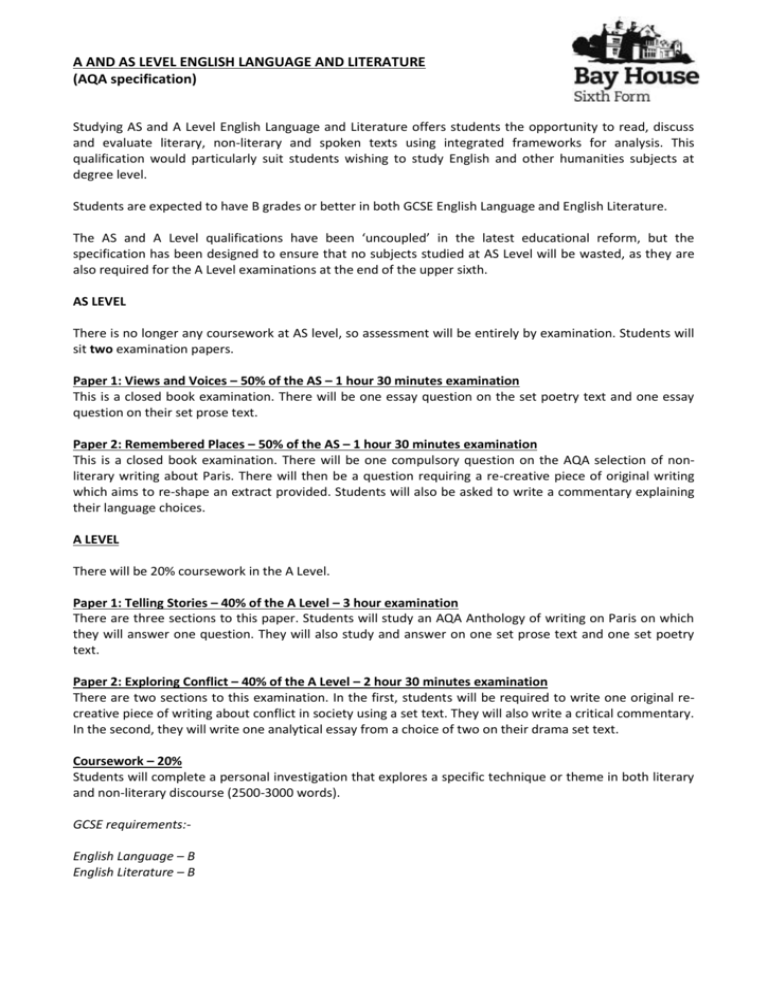
A AND AS LEVEL ENGLISH LANGUAGE AND LITERATURE (AQA specification) Studying AS and A Level English Language and Literature offers students the opportunity to read, discuss and evaluate literary, non-literary and spoken texts using integrated frameworks for analysis. This qualification would particularly suit students wishing to study English and other humanities subjects at degree level. Students are expected to have B grades or better in both GCSE English Language and English Literature. The AS and A Level qualifications have been ‘uncoupled’ in the latest educational reform, but the specification has been designed to ensure that no subjects studied at AS Level will be wasted, as they are also required for the A Level examinations at the end of the upper sixth. AS LEVEL There is no longer any coursework at AS level, so assessment will be entirely by examination. Students will sit two examination papers. Paper 1: Views and Voices – 50% of the AS – 1 hour 30 minutes examination This is a closed book examination. There will be one essay question on the set poetry text and one essay question on their set prose text. Paper 2: Remembered Places – 50% of the AS – 1 hour 30 minutes examination This is a closed book examination. There will be one compulsory question on the AQA selection of nonliterary writing about Paris. There will then be a question requiring a re-creative piece of original writing which aims to re-shape an extract provided. Students will also be asked to write a commentary explaining their language choices. A LEVEL There will be 20% coursework in the A Level. Paper 1: Telling Stories – 40% of the A Level – 3 hour examination There are three sections to this paper. Students will study an AQA Anthology of writing on Paris on which they will answer one question. They will also study and answer on one set prose text and one set poetry text. Paper 2: Exploring Conflict – 40% of the A Level – 2 hour 30 minutes examination There are two sections to this examination. In the first, students will be required to write one original recreative piece of writing about conflict in society using a set text. They will also write a critical commentary. In the second, they will write one analytical essay from a choice of two on their drama set text. Coursework – 20% Students will complete a personal investigation that explores a specific technique or theme in both literary and non-literary discourse (2500-3000 words). GCSE requirements:English Language – B English Literature – B Set Text and Coursework Details An example of some of the literary set texts that can be covered: Mary Shelley Bram Stoker Margaret Atwood Alice Sebold Frankenstein Dracula The Handmaid’s Tale The Lovely Bones Robert Browning John Donne Carol Ann Duffy Seamus Heaney (selected from Mean Time) (selected from New Selected Poems 1966-1987) Shakespeare Arthur Miller Tennessee Williams Rory Kinnear Othello All My Sons A Streetcar Named Desire The Herd Coursework Details Investigation - Making Connections It is called 'Making Connections' because it requires students to make active connections between a literary text and some non-literary material. The connections must be based either on a chosen theme or on the idea that particular linguistic strategies and features may occur in the different types of material. This area of the course provides an individualised experience for students, enabling them to demonstrate their ability to initiate and sustain independent enquiry. Some examples of possible types of exploration: A comparison of openings in a novel and an autobiography. Representations of particular themes in literary and non-literary sources. What is a character? An exploration of the idea of character in literature and in other texts. How does storytelling work in different modes? An exploration of the use of non-literary genres within literary texts. An exploration of speech features in literature and in real-world communication. An exploration of new language in literature and non-literary contexts.
